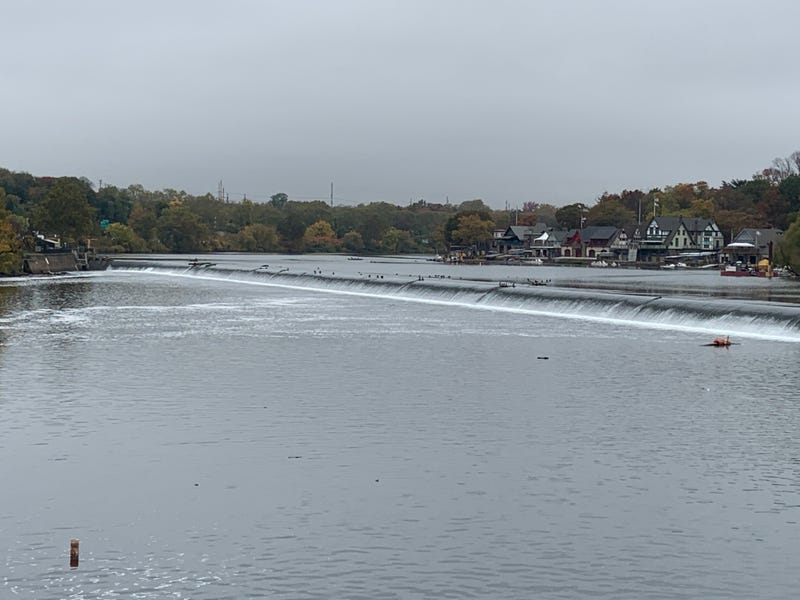
PHILADELPHIA (KYW Newsradio) — A Pennsylvania environmental advocacy group is out with a new study on microplastics in waterways in the commonwealth. Water samples were taken from dozens of rivers and streams considered to be the cleanest in the state, but the organization was alarmed by what was found.
PennEnvironment Research & Policy Center collected water samples from 50 different waterways across Pennsylvania including the Delaware River Watershed. They were tested for microplastics at the Academy Of Natural Sciences of Drexel University.
“The results of the study were astounding,” said PennEnvironment conservation and Zero Waste program advocate Faran Savitz.
“Of 50 waterways that were of exceptional value, high quality … every single one had microplastics.”
Savitz described microplastics as being 5 millimeters or smaller, about the size of a grain of rice. They are typically broken down from plastics, which are not biodegradable. He said some of them come from litter or landfill waste, synthetic clothing fibers, plastic beads that go into some cosmetics, or raw bead stock that goes into making plastics.
“These streams and systems are considered the best of the best within the state. It seems nowhere is safe,” said David Velinsky, senior scientist and department head at the Academy of Natural Sciences of Drexel University.
“Not only can microplastics impact the aquatic organisms directly, but in many cases the environmental contaminants like PCBs, DBT (a highly toxic chemical compound), or others can be attached to the surfaces of these plastics and can be transferred to the fish or birds that may consume them.“
“This is concerning, and it should be concerning to everyone,” said Savitz.
“The staggering amount of microplastic pollution we found in our cleanest waterways likely means that no river, no lake, and no stream is safe from this pollutant. Only with the leadership of elected officials in a comprehensive strategy will we be able to tackle the problem of microplastics and plastics overrunning our environment.”
PennEnvironment is calling lawmakers in Harrisburg to stop a $4 billion subsidy for petrochemical and natural gas facilities, which the organization says props up the reliance on dirty fossil fuels and the promotion of single-use plastics.
The organization also wants stronger recycling laws and strong bans on single-use plastic bags and polystyrene containers.


